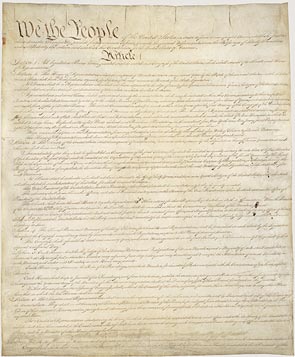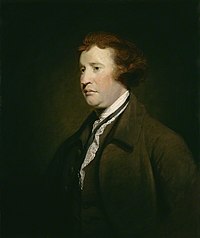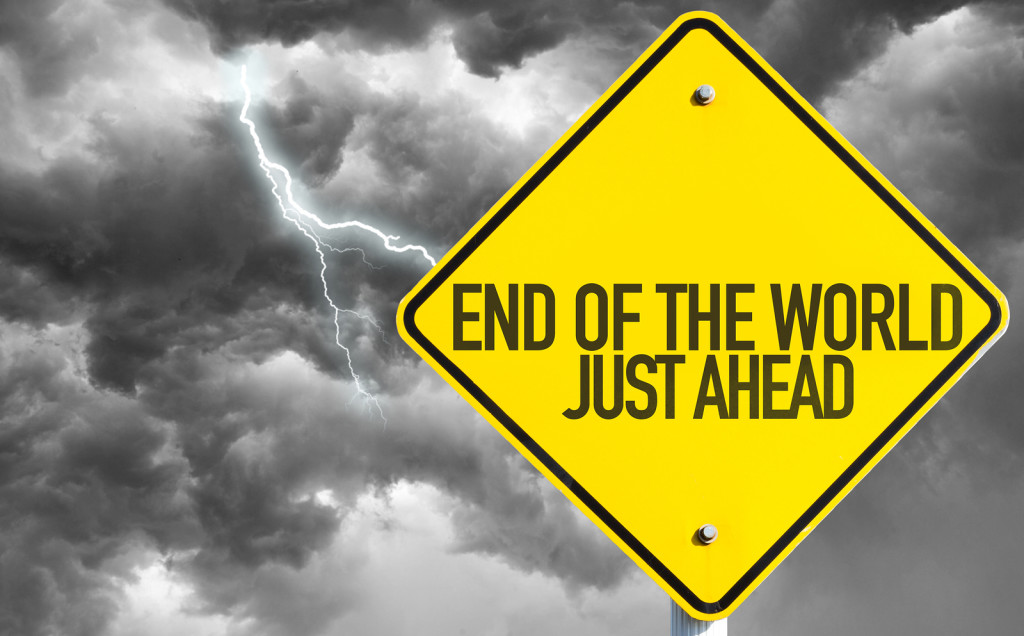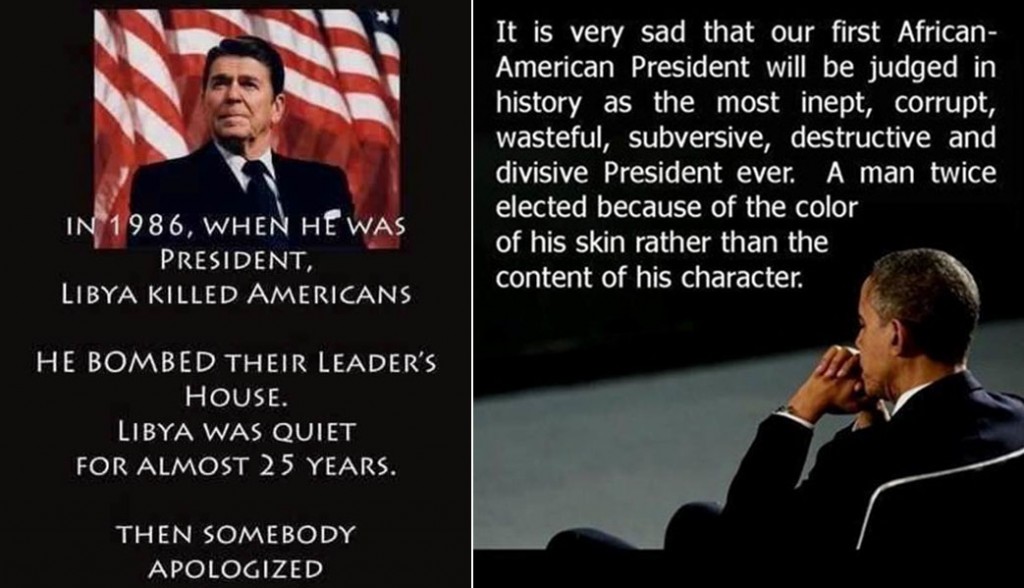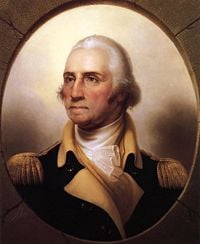We the People of the United States, in Order to form a more perfect Union, establish Justice, insure domestic Tranquility, provide for the common defence, promote the general Welfare, and secure the Blessings of Liberty to ourselves and our Posterity, do ordain and establish this Constitution for the United States of America.
Edmund Burke (1729-1797)
Edmund Burke was an Anglo-Irish statesman, author, orator, political theorist, and philosopher who, after moving to England, served for many years in the House of Commons of Great Britain as a member of the Whig party. He is mainly remembered for his support of the cause of the American Revolutionaries, and for his later opposition to the French Revolution.
Yes, Violence Can be the Answer
It was the body slam heard around the world. When some Australian schoolboys decided to videotape themselves bullying 15-year old Casey Heynes, one of them got more than he bargained for. Casey, who had been pushed around and humiliated for years, responded to a punch in his face and other attempted blows by hoisting his tormentor WWE style and introducing him to the pavement. The result was a video that went viral in a way the bullies had never imagined and for a reason they certainly had never hoped: Casey has become a hero worldwide.
Exit Mundi: A Collection of End-Of-World Scenarios
DEJA DOOM/EXIT MUNDI-Leftist-created “Existential Threats” UPDATE 5/24/21: As fear has proven to be the most effective tool of political control in this Covid era, the …
It’s Déjà Doom All Over Again: ‘The Fate of the Earth’ and Global Warming Hysteria
Not so long ago, writers, editors, concerned world citizens and deep thinkers of all kinds were consumed with the idea of a coming global catastrophe that seemed implacable and virtually unavoidable. When it comes to covering today’s debates on global warming, we might want to take a step back and recall this earlier, somewhat chillier 1980s obsession with the fate of the earth – that is, of course, The Fate of the Earth, the title of a three-part series by Jonathan Schell first published in The New Yorker, then republished as a popular book by Alfred A. Knopf in 1982.
1st Amendment Protects ‘Hurtful’ Speech, Court Says
The First Amendment protects free speech even if it is as hurtful as signs at a Marine funeral proclaiming “Thank God for Dead Soldiers,” the Supreme Court ruled Wednesday in a decision that was one of the court’s most significant on freedom of expression in recent years.
The Westboro Baptist Church celebrated the death of Lance Cpl. Matthew Snyder in Iraq with signs such as “God Hates You,” along with antigay messages at his funeral in Maryland in 2006. The late Marine’s father sought damages for emotional distress, but the court ruled that he had no case.
An American vs. An American Apologist
“Seven o’clock this evening, Eastern Time, air and naval forces of the United States, launched a series of strikes against the headquarters, terrorist facilities and military assets that support Moammar Khadafy’s military activites.
George Washington (1732-1799)
George Washington (February 22, 1732 – December 14, 1799) was the commander in chief of the Continental Army in the American Revolutionary War from 1775 to 1783, and later the first president of the United States, an office to which he was twice elected unanimously (unanimous among the Electoral College) and held from 1789 to 1797.
Washington first gained prominence leading Virginia troops in support of the British Empire during the French and Indian War (1754–1763), a conflict which he inadvertently helped to start. After leading the American victory in the Revolutionary War, he refused to lead a military regime, though encouraged by some of his peers to do so. He returned to civilian life at his plantation at Mount Vernon, Virginia.
The Catastrophic Failure of European Multiculturalism
Europe’s leaders have realized, and are acknowledging one after another, that that continent’s multiculturalist policy–the idea that geographic areas could be ceded to immigrants from Islamic countries who would treat them as Islamic enclaves, rather than being encouraged to assimilate–has been a disastrous failure.
